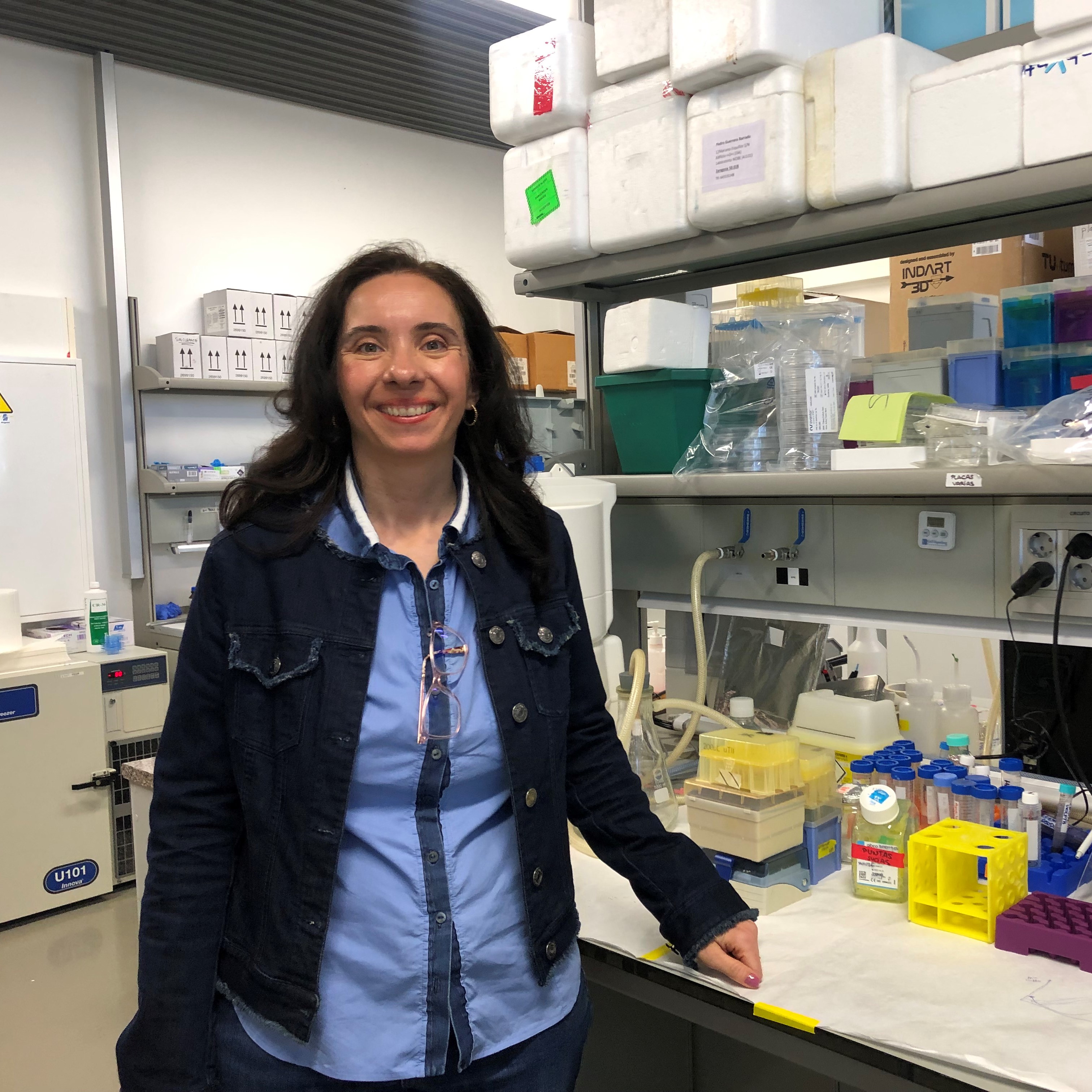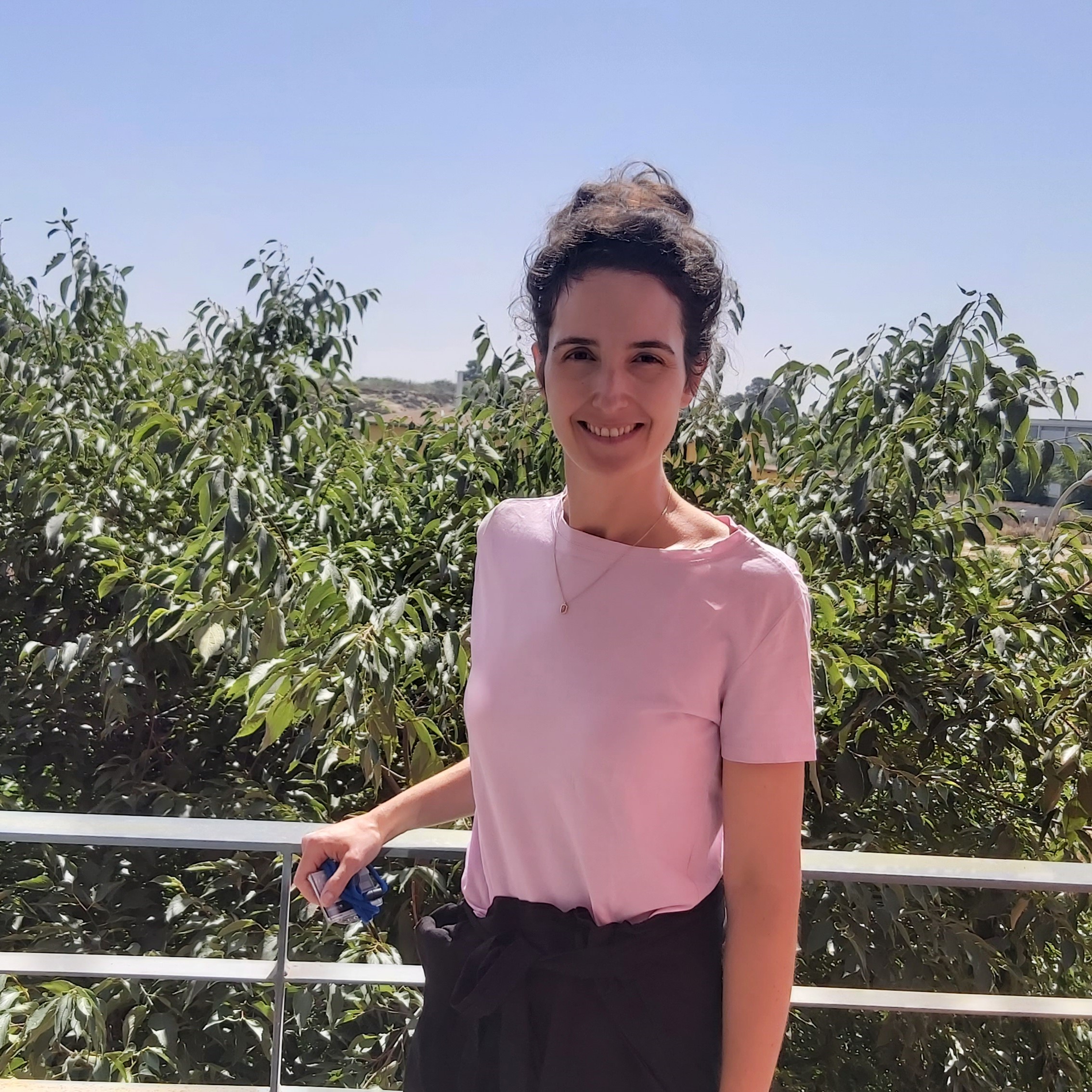
Why did you decide to go into research?
My final year project was related to bio research. Then I was offered to do a research project for a company and, in the end, I was offered to do my thesis here. One thing led to another, and that's how it is today.
You are part of the M2BE group, what are your main lines of research?
We are in the Biomedical Engineering division and we work with computer models and computational simulation of biological processes. We started with bone, then we moved on to cancer and then we created an experimental laboratory where we work on microfluidics, we do experiments with cells on chips, from cancer to tissue engineering.
Any ongoing projects you would like to highlight.
We have several relevant projects, one of them in prostate cancer. It is a consortium between a company, a hospital and a university, which are the three most important legs in our research area: the company for the transfer, the university for the research, and the clinic for the application. It is a project to develop a digital twin to simulate, detect and treat prostate cancer. We work with a company that makes imaging biomarkers, the hospital provides the treatments and clinical practice, and we make the computer models. With all that, we build the digital prostate twin.
When could we see it in hospitals?
The project will be finished by the end of next year, but we are thinking about continuing it to clinical practice. At the moment, what we are doing is validating the models with data from hospitals.
How long have you been involved with the I3A?
20 years, since the creation.
What would you highlight about the Institute?
I would highlight the multidisciplinarity, which can be good or bad. We are very strong in engineering, but engineering has many branches. However, I think we work well and we help each other. Because there are so many of us, you always find a point of connection.
What do you like most about your profession?
That you are always with young people and they also make you feel young. Then, the research work I do is very interesting and dynamic, you never get bored because you are always doing new things.
What would you say to someone who is thinking of going into research?
Research is a long-distance race. It is very beautiful and very enriching, but there are also very difficult moments. Even so, I think the positives outweigh the negatives.
CLOSE-UP...
A dream: Travel to Japan.
A book: I really like crime and mystery novels. I would choose "La Cara norte del corazón" by Dolores Redondo.
A film: The whole Star Wars saga.
Hobbies: Being with my family and doing sport.
Favourite musical group: Héroes del Silencio.
A trip: When I lived in Montreal I went to New York and I loved it.
How would you define yourself: As an optimistic, hard-working and responsible person.
